Tags: Quantum computers
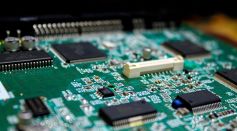
Breakthrough in Graphene: Novel Semiconductor Signals Leap Towards Faster PCs, Quantum Computers
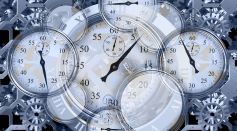
Impact of Imperfect Timekeeping Puts Limit on Quantum Computers and Its Applications, Study Reveals

Augmented Reality (AR) Will Give Soldiers Superhuman Senses; Quantum Computers Could Crash Banking Systems

Quantum Computing Breakthrough? Microsoft Reportedly Hits First Milestone in Supercomputer Creation
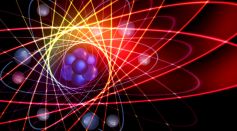
New Formula Predicts the Impact of Noise in Quantum Computation for Imperfect Real-world Conditions

Breakthrough Experiment Translates Quantum Information Across Technologies, Improving Quantum Communication

Are Black Holes the Giant Quantum Computers of Aliens? Physicists Proposed This Could Be Why Extraterrestrial Civilization Has Not Yet Reached Earth
Naturally Occurring Double-Layer Graphene Used in New Research to Observe Quantum Mechanical Impacts

Quantum ‘Anti-Butterfly Effect’: New Approach to Deal with Complex Computer Performance Developed
Scientists Shrunk Qubits While Maintaining Their Performance Using van der Waals Materials

Fundamental Quantum Theorem Now Holds For Finite Temperatures And Not Just Absolute Zero
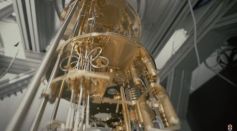
Crystal to Control Spin Qubits by the Millions; Could Solve Current Quantum Computing Design Limits

A Day in the Life of a Quantum Engineer: Scientist Explains Perspective on Weirdest Field of Science, Quantum Mechanics
First Simulation of Quantum Devices in Classical Computer Hardware a Success; New Algorithm Could Setup Defining Benchmarks
Quantum Error Computing Source Identified Thanks to Sydney University Machine Learning
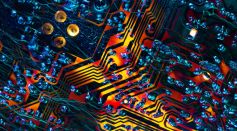
NTT PHI Lab Partners with IRCN to Develop Novel AI-Based Neuro-Computing Technology

Towards Quantum Computing: Physicists Surpass Current Supercomputers With New Programmable Simulator
Quantum Brain: Scientists Discover How to Revolutionize Computing
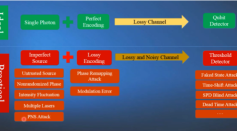
New Quantum Key Distribution Protocol Maintains Security Over Long Distances

Simple Mod Can Keep Quantum States 10,000 Times Longer
Most Popular

Orionids Meteor Shower Happening Next Week: Where and When To Catch the October Light Show's Peak

Texas Official Shot Down Siren Flood Alert, Complaining That It Might Go Off 'In the Middle of the Night': Report

Nvidia's Jetson Thor Could Make Humanoids Smarter Than Ever

Hellfire Missile Video Reveals MQ-9 Reapers Being Used for Aerial Combat





